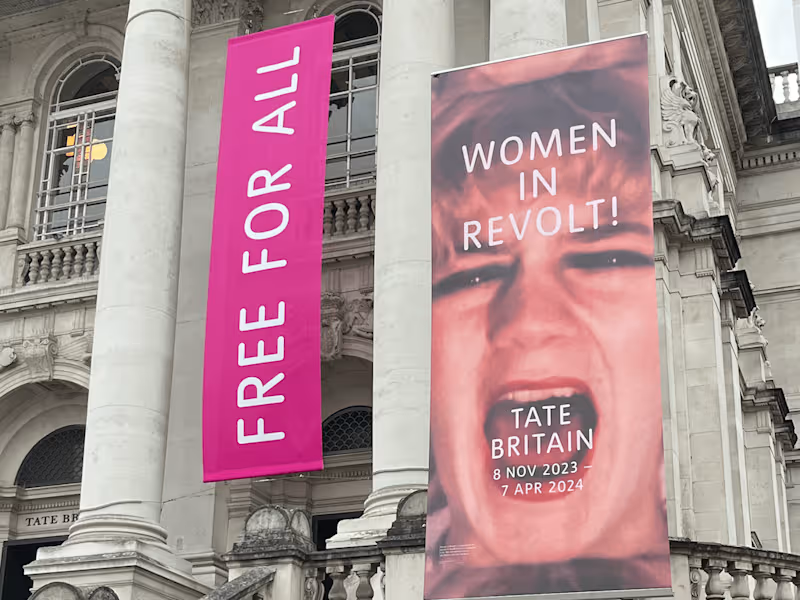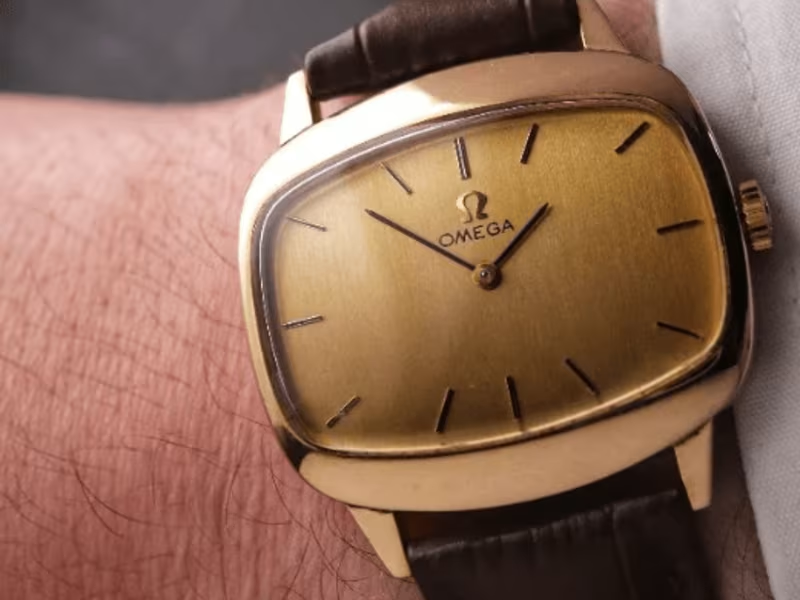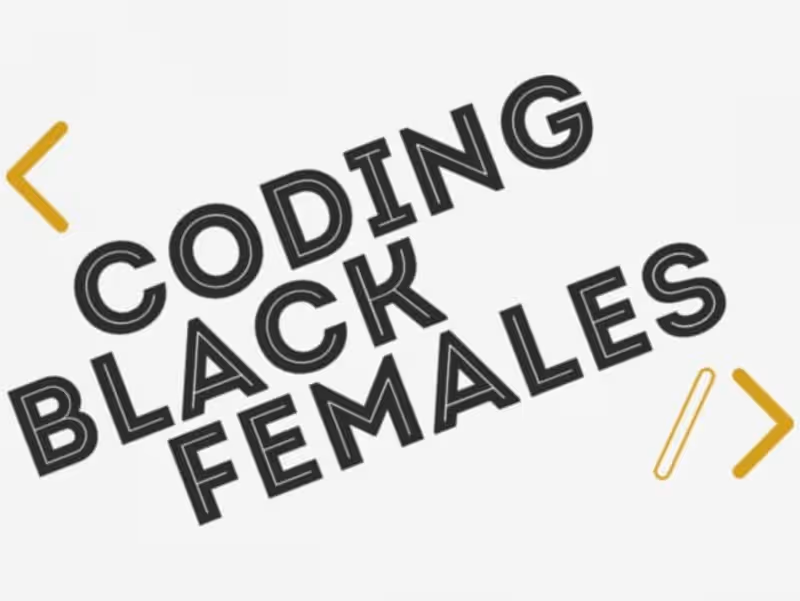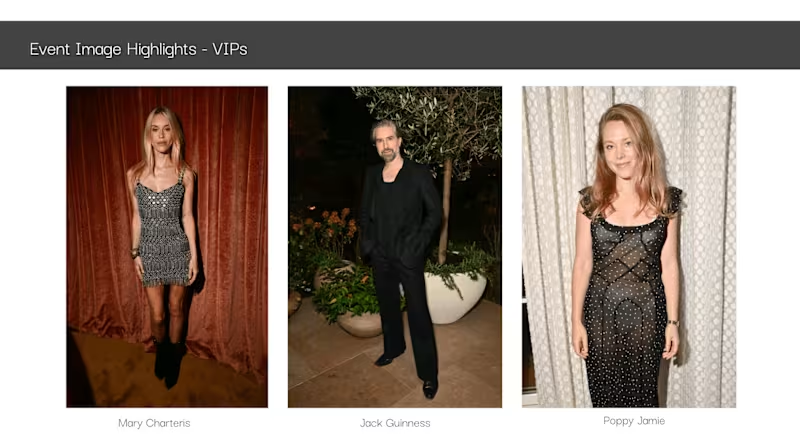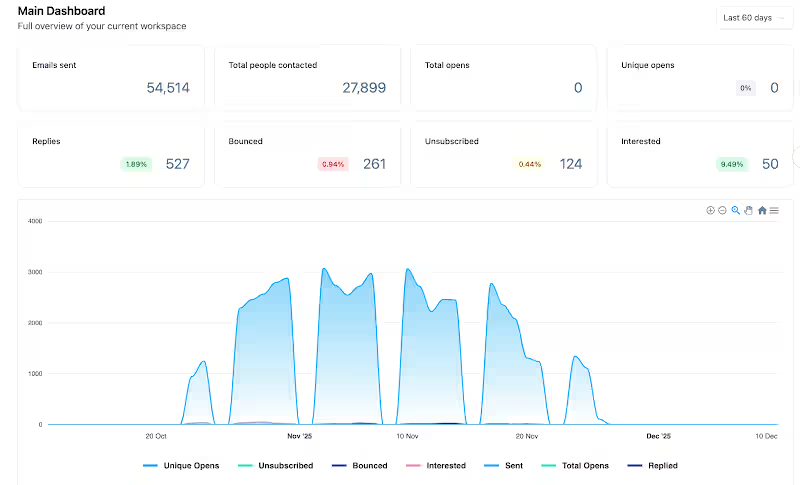What experience should I look for in a freelance event planner?
Consider finding a planner with experience in organizing events similar to yours. If it's a wedding, a planner with wedding-specific expertise is ideal. You can ask about past events they've planned and if they have a portfolio to showcase. Experience in England's diverse venues can also be a bonus if you're planning locally. An experienced planner will help make your event a success.
How do I agree on deliverables for my event?
Start by discussing your event goals and the services you expect. An event planner should provide a detailed outline of what they will deliver. This may include venue booking, décor design, catering, and guest coordination. Clear communication ensures you and your planner are on the same page. Agreeing on deliverables helps you measure progress as the event date approaches.
What timeline should I set for planning my event?
The timeline depends on the size and complexity of your event. A large corporate event may need several months of planning, while smaller gatherings might only need a few weeks. Discuss your desired event date with the planner to create a realistic schedule. In England, consider seasonal space availability, which can impact booking timelines. Setting a clear timeline ensures all tasks are completed on time.
How can I ensure the event planner understands my event's theme?
Share your vision and theme ideas clearly with the planner. Visual aids or mood boards can help convey the style you're aiming for. It's also beneficial to discuss cultural or local elements if planning an event in England. Regular updates and feedback sessions with the planner help ensure the theme is perfectly executed. A shared understanding of the theme leads to a cohesive and memorable event.
What should I include in the contract with my event planner?
The contract should list the services to be provided, agreed deliverables, and the timeline. Include clauses about any potential changes in the plan. Outline the payment terms clearly. This ensures there are no misunderstandings as the project progresses. A detailed contract protects both you and the planner.
How should I communicate with my event planner?
Decide on a primary communication method, like email, phone, or in-person meetings. Regular check-ins help stay updated with the project's progress. Open communication ensures that any issues are addressed quickly. In England, time zone differences are minimal, making real-time communication easier. Setting clear communication expectations helps manage the project smoothly.
What are the most common challenges in hiring an event planner?
One challenge is aligning expectations regarding the event's outcome. There might be differences in design taste or logistical preferences. Clear communication and upfront discussions help mitigate this. Another challenge could be the planner’s availability, especially in busy seasons like the summer in England. Addressing these concerns early paves the way for a successful collaboration.
How do I handle feedback and changes during the planning process?
Create an open line for feedback from the start. Regularly scheduled updates or meetings make it easy to provide and receive feedback. Ensure your planner is open to revisions needed to meet your event's needs. Be clear about any changes and their potential impact on timelines. Positive communication can turn feedback into meaningful improvements to your event.
Who is Contra for?
Contra is designed for both freelancers (referred to as "independents") and clients. Freelancers can showcase their work, connect with clients, and manage projects commission-free. Clients can discover and hire top freelance talent for their projects.
What is the vision of Contra?
Contra aims to revolutionize the world of work by providing an all-in-one platform that empowers freelancers and clients to connect and collaborate seamlessly, eliminating traditional barriers and commission fees.







































